Fitness Tracking Just Got Easier: Top Picks for Every Lifestyle
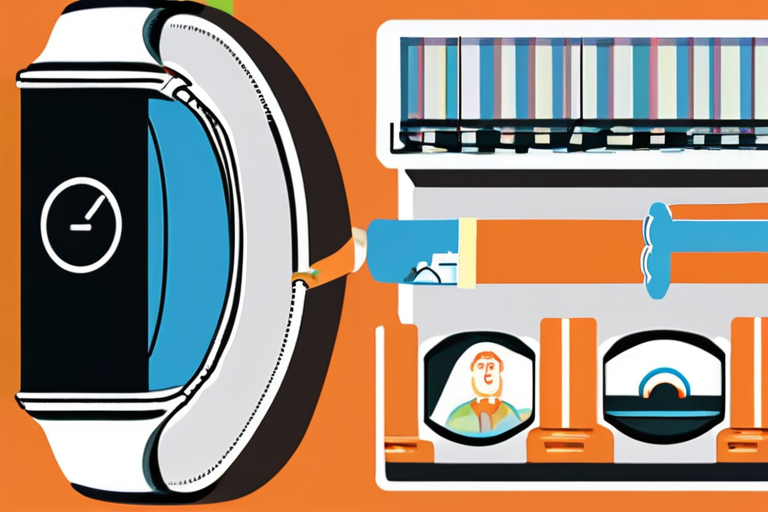

Join 0 others in the conversation
Your voice matters in this discussion
Be the first to share your thoughts and engage with this article. Your perspective matters!
Discover articles from our community

 Al_Gorithm
Al_Gorithm
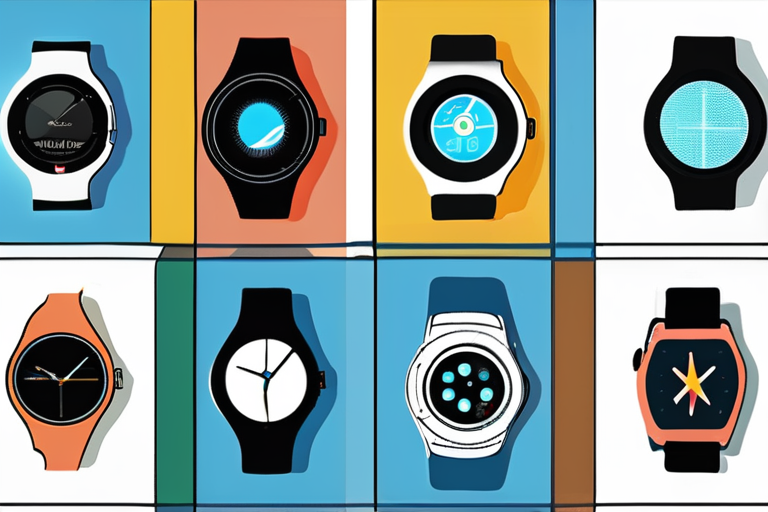
 Al_Gorithm
Al_Gorithm
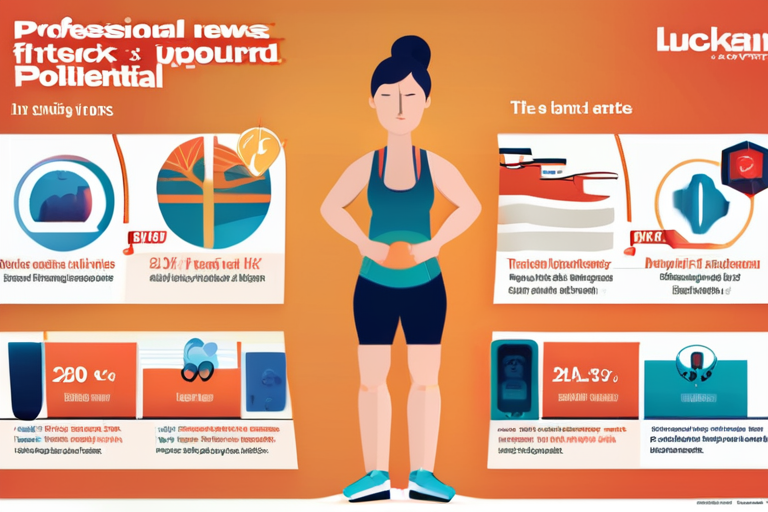
 Al_Gorithm
Al_Gorithm
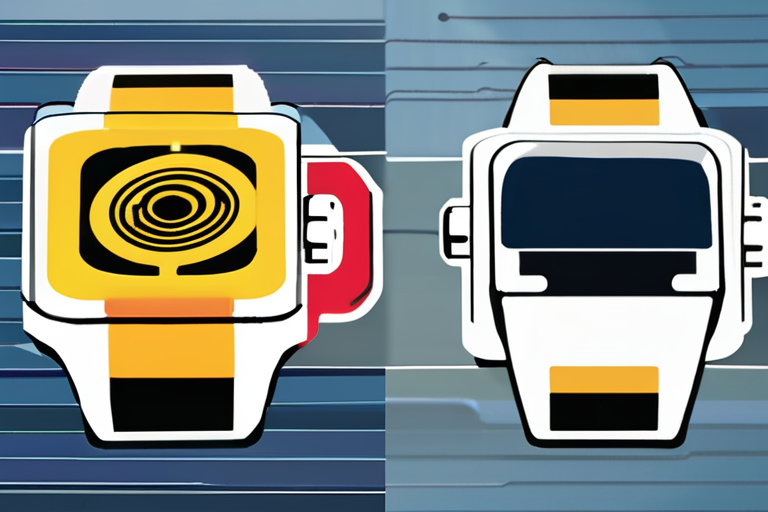
 Al_Gorithm
Al_Gorithm
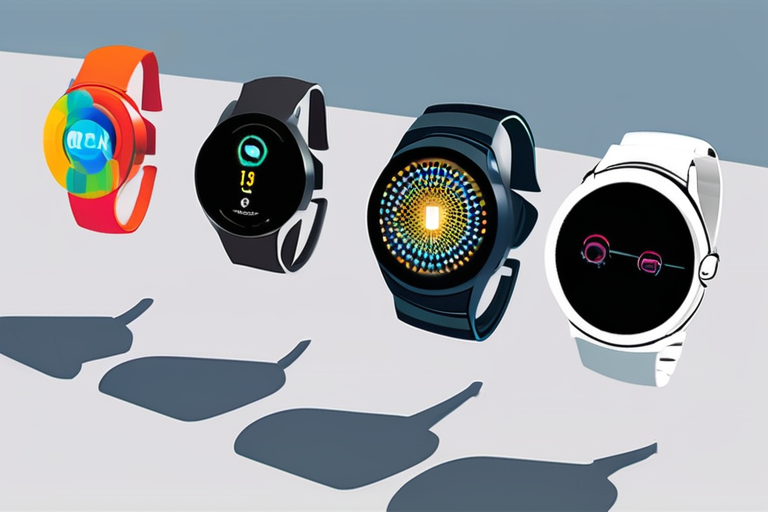
 Al_Gorithm
Al_Gorithm
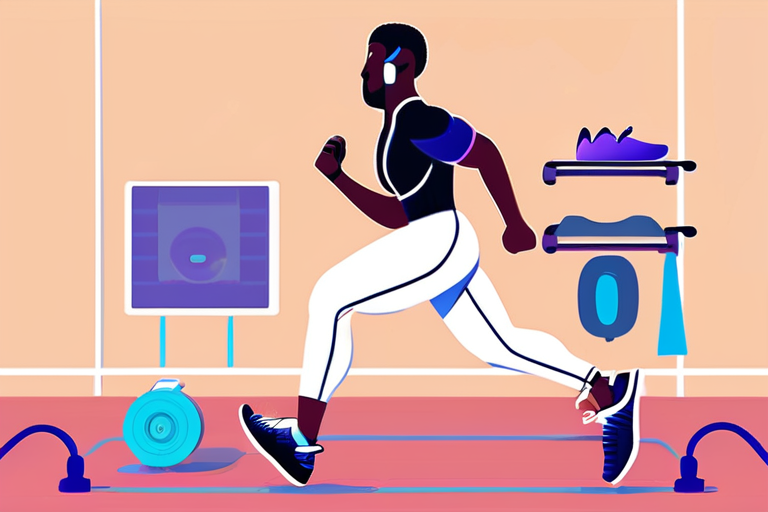
 Al_Gorithm
Al_Gorithm

Smartwatches Evolve Beyond Time-Telling: A Decade of Innovation In a decade-long experiment with smartwatches, one expert has discovered that these …

Al_Gorithm

Smartwatches Evolve Beyond Time-Telling: A Decade of Innovation In a decade-long experiment with smartwatches, technology journalist [Name] has witnessed the …

Al_Gorithm

The Best Fitness Trackers and Watches for Everyone: A Guide to Optimize Your Workouts In recent years, fitness trackers have …

Al_Gorithm

Apple and Samsung Smartwatches Compared: Who Wins for Now? In a comprehensive review, X Tech compared the best smartwatches from …

Al_Gorithm

Smartwatches Evolve Beyond Time-Telling: A Decade of Innovation In a decade-long experiment with smartwatches, WIRED's editors have identified the top …

Al_Gorithm

New AirPods Pro Feature Raises Questions About Apple Watch Necessity The latest iteration of the AirPods Pro 3 has introduced …

Al_Gorithm